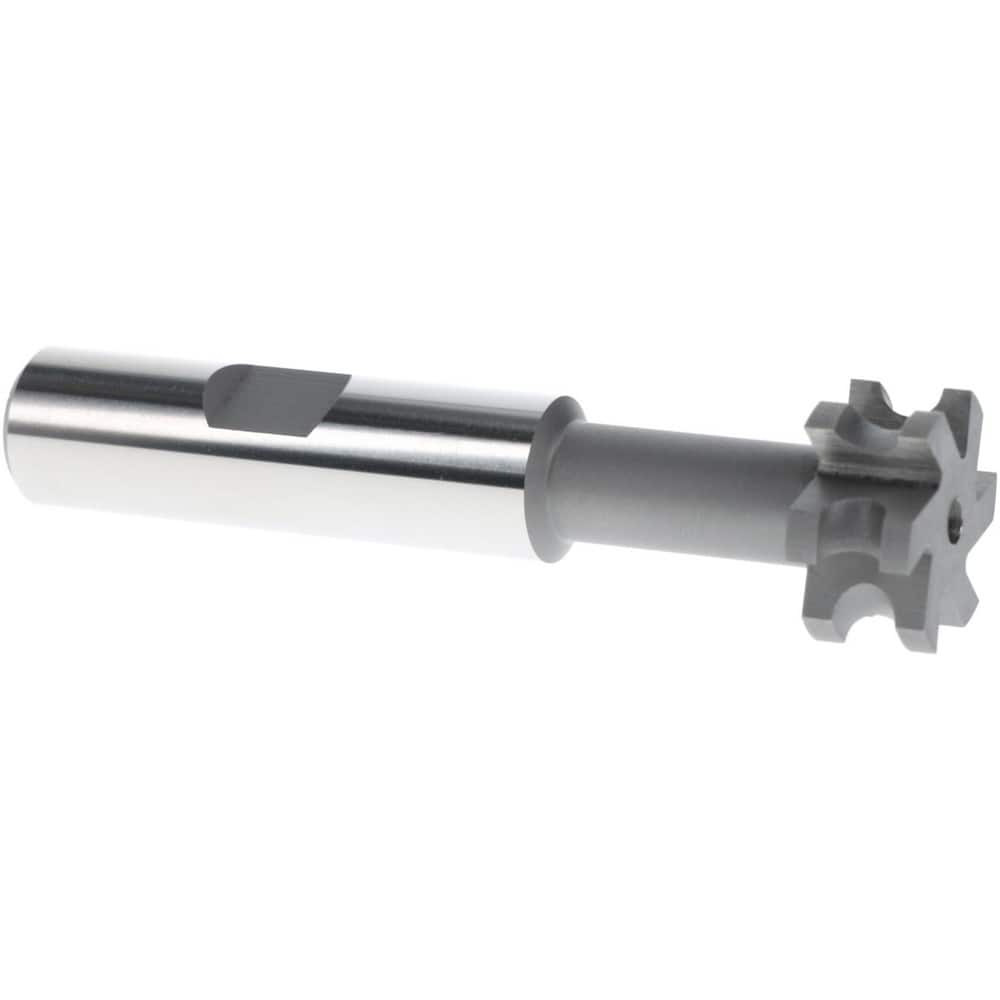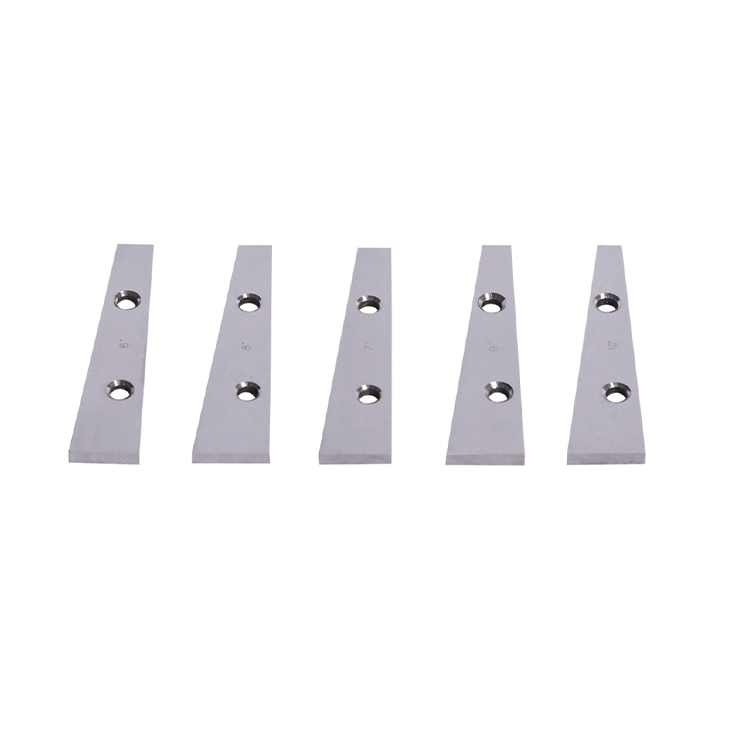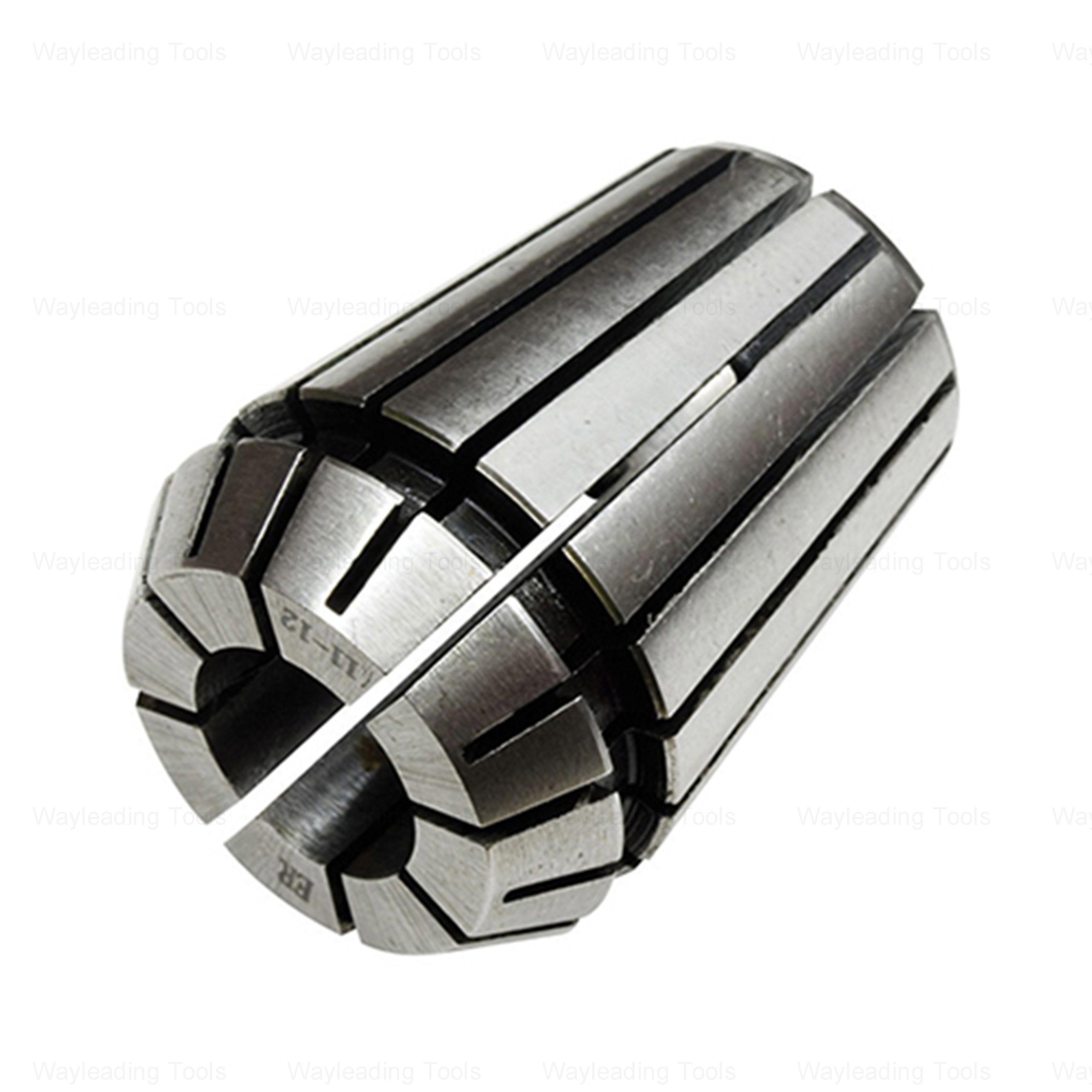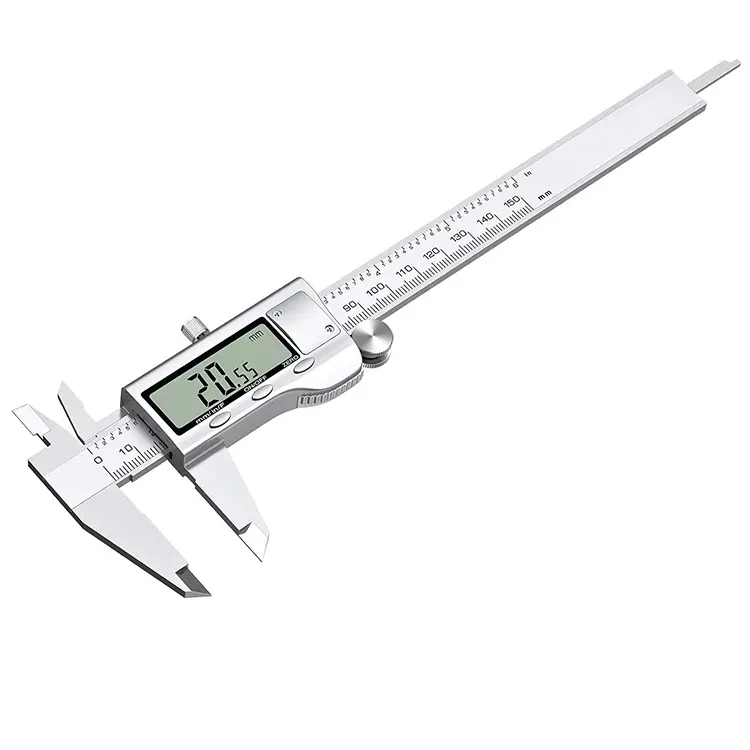thread ring gauge Suppliers
Finding reliable thread ring gauge suppliers can be challenging. This guide simplifies the process by outlining key considerations, from understanding different gauge types to evaluating supplier credibility. Learn how to select the right gauges for your needs and ensure accuracy in your threading processes. Discover essential factors to consider when choosing a supplier, ensuring you receive high-quality gauges that meet your specific requirements.
Understanding Thread Ring Gauges
Thread ring gauges are essential tools used to check the external threads of manufactured parts to ensure they meet specific dimensional standards. They are used in various industries, including automotive, aerospace, and manufacturing, where precise threading is critical. Selecting the right gauge depends on the thread type and size, so understanding the different types is essential.
Types of Thread Ring Gauges
Here's a breakdown of common types:
- Go/No-Go Gauges: These are the most common type. The 'Go' gauge should easily screw onto the thread, while the 'No-Go' gauge should not screw on more than a specified amount (typically a few turns). This indicates whether the thread falls within acceptable tolerance limits.
- Setting Ring Gauges: These are used to calibrate and verify the accuracy of adjustable thread measuring instruments, such as thread micrometers.
- Tapered Thread Ring Gauges: Used for tapered threads, such as those found in pipe fittings.
- Wire Thread Inserts (STI) Ring Gauges: Designed specifically for checking threads that are intended to receive wire thread inserts (helicoil).
Materials and Manufacturing Standards
Thread ring gauges are typically made from hardened tool steel to ensure durability and accuracy. Manufacturing standards like ANSI/ASME B1.2 (Unified Inch Screw Threads) and ISO 1502 (General purpose metric screw threads — Gauging) dictate the dimensions, tolerances, and material properties of the gauges. When selecting a thread ring gauge supplier, it’s critical to ensure they adhere to recognized standards to guarantee the accuracy and reliability of their products.
Key Considerations When Choosing Thread Ring Gauge Suppliers
Choosing the right thread ring gauge supplier is crucial for maintaining quality control and ensuring accurate measurements in your manufacturing processes. Here are some essential factors to consider:
Quality and Accuracy
This is paramount. Look for suppliers who provide gauges manufactured to recognized industry standards (e.g., ANSI, ISO, DIN). Ask about their calibration processes and whether they provide certificates of conformance. Requesting sample gauges for evaluation is a good way to assess the quality firsthand.
Range of Products
Ensure the supplier offers a comprehensive range of thread ring gauges to meet your specific needs. This includes different thread types (e.g., Unified, Metric, NPT), sizes, and classes of fit. A broader selection simplifies your purchasing process.
Price and Lead Time
While quality should be the primary concern, price and lead time are also important factors. Compare prices from multiple suppliers and inquire about their standard lead times for different gauge types and sizes. Consider the total cost of ownership, including factors like shipping and potential downtime due to inaccurate gauges.
Supplier Reputation and Experience
Choose a supplier with a proven track record and a solid reputation in the industry. Look for testimonials, case studies, and customer reviews to gauge their reliability and customer service. Experience in manufacturing thread ring gauges is a strong indicator of quality and expertise.
Customer Support and Service
Excellent customer support is essential, especially if you have technical questions or require assistance with gauge selection. A responsive and knowledgeable support team can help you choose the right gauges and resolve any issues that may arise. Inquire about their return policy and warranty terms.
Top Thread Ring Gauge Suppliers (Illustrative Examples)
Please note: The following examples are for illustrative purposes only and are not endorsements. It is essential to conduct thorough research and due diligence before selecting a supplier. Wayleading Tools offers high-quality thread ring gauges.
Supplier A (Hypothetical)
Specializes in custom-made thread ring gauges to meet unique application requirements. Offers quick turnaround times and competitive pricing. Claims to adheres to ANSI standards and provides certificates of conformance.
Supplier B (Hypothetical)
Offers a wide range of standard thread ring gauges, including Go/No-Go gauges, setting ring gauges, and tapered thread ring gauges. Has a strong reputation for quality and customer service. Lead times are generally longer than Supplier A due to its larger product catalog.
Supplier C (Hypothetical)
Focuses on providing affordable thread ring gauges for small to medium-sized enterprises. Offers a limited selection of gauges but maintains competitive pricing. May not be suitable for applications requiring high precision or specialized gauges.
Maintaining and Calibrating Thread Ring Gauges
Proper maintenance and calibration are essential to ensure the accuracy and longevity of your thread ring gauges. Here are some best practices:
- Cleaning: Regularly clean gauges with a soft cloth and a suitable cleaning solvent to remove dirt, oil, and debris.
- Storage: Store gauges in a clean, dry environment to prevent corrosion and damage. Use protective cases or containers.
- Calibration: Calibrate gauges regularly according to industry standards and your internal quality control procedures. The frequency of calibration depends on usage and environmental factors.
- Handling: Handle gauges with care to avoid dropping or damaging them. Avoid using excessive force when threading gauges onto parts.
Troubleshooting Common Issues with Thread Ring Gauges
Even with proper maintenance, you may encounter issues with thread ring gauges. Here are some common problems and potential solutions:
- Gauge is difficult to thread: This could be due to dirt, debris, or damage to the gauge or the part. Clean both thoroughly and inspect for damage.
- Go gauge doesn't go, No-Go gauge goes: This indicates that the thread is out of tolerance. The part should be rejected. Double-check that the correct gauges are being used.
- Inconsistent readings: This could be due to gauge wear, improper technique, or environmental factors. Recalibrate the gauge and ensure consistent handling.
Additional Resources
- ANSI/ASME B1.2: Unified Inch Screw Threads. ANSI Website
- ISO 1502: General purpose metric screw threads — Gauging. ISO Website
Related products
Related products
Best selling products
Best selling products-
 Precision 2pcs Angle Blocks Set With High Quality Type
Precision 2pcs Angle Blocks Set With High Quality Type -
 Precision Monoblock Vernier Caliper – Metric & Inch, Industrial Use
Precision Monoblock Vernier Caliper – Metric & Inch, Industrial Use -
 HSS Inch Concave Milling Cutter For Industrial
HSS Inch Concave Milling Cutter For Industrial -
 25PCS DIN338 HSS Twist Drill Bit Set From 1-13mm
25PCS DIN338 HSS Twist Drill Bit Set From 1-13mm -
 DIN338 HSS Twist Drill Bit Fully Ground Or TiN Coated
DIN338 HSS Twist Drill Bit Fully Ground Or TiN Coated -
 TCT Annular Cutters With Weldon Shank For Metal Cutting
TCT Annular Cutters With Weldon Shank For Metal Cutting -
 Inch ER Collets With Hight Precision Milling
Inch ER Collets With Hight Precision Milling -
 Deburring Tool Holder For The Deburring Tool Blades
Deburring Tool Holder For The Deburring Tool Blades -
 Precision 5pcs & 6pcs Angle Blocks Set With High Quality Type
Precision 5pcs & 6pcs Angle Blocks Set With High Quality Type -
 Precision Straight Shank To Morse Taper Adapter
Precision Straight Shank To Morse Taper Adapter -
 Straight Shank ER Collet Chuck Holders With Extending Rod
Straight Shank ER Collet Chuck Holders With Extending Rod -
 High Precision BT-ER Collet Chuck – CNC Tool Holder, Spring Type, ER16–ER40
High Precision BT-ER Collet Chuck – CNC Tool Holder, Spring Type, ER16–ER40
Related search
Related search- High-Quality telescoping gages
- 3pcs indexable countersink Manufacturer
- Convex Milling Cutter Factory
- Threading Taps Factories
- 3pcs indexable countersink Factories
- MVHN turning tool holder Supplier
- High-Quality angle blocks
- 55 degree whitworth full profile threading insert Suppliers
- Wholesale carbide center
- Corner Rounding End Mill set Manufacturer











